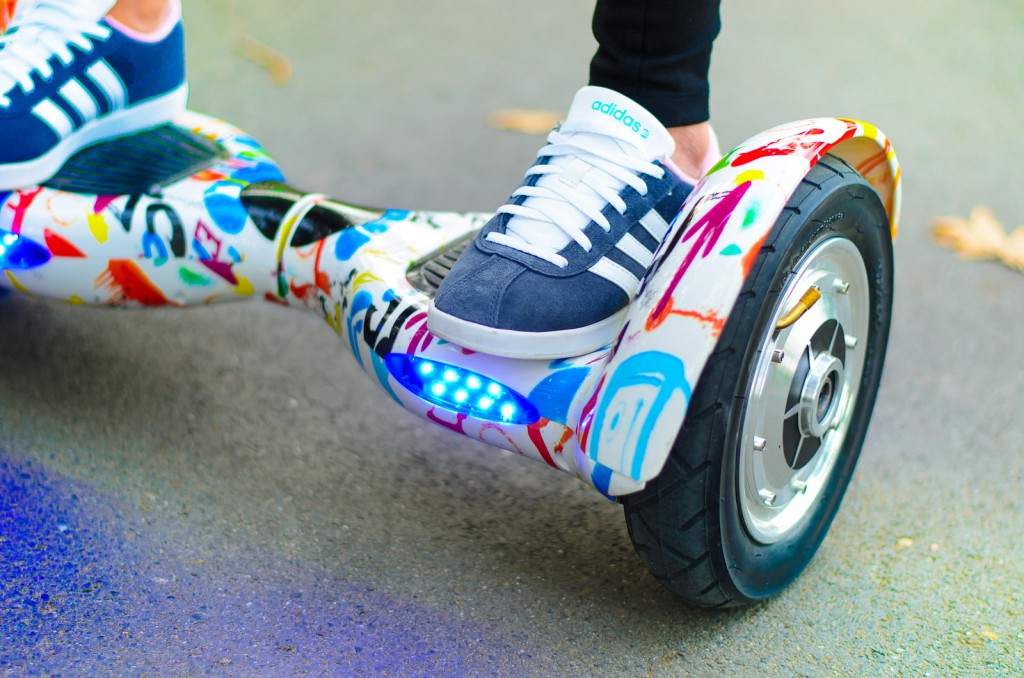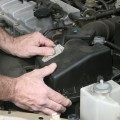Hoverboards, the holidays’ hottest gift, has turned into a nightmare for its manufacturer as well as many of its recipients. Fires and explosions have occurred so often that the U.S. has deemed the devices an “imminent hazard.”
Among the incidents:
- An 11-year-old Chelmsford, Mass., boy escaped injury when the hoverboard he was operating caught fire Feb. 22.
- Two days later, the New York Daily News reported that a 12-year-old suffered smoke inhalation and his family’s Staten Island home sustained $12,000 worth of damage when a similar incident occurred.
- A University of Colorado student told a Denver television station that his hoverboard exploded while it was charging.
Hoverboards – a motorized two-wheel scooter that requires users to self-balance while the device moves around – were one of the most popular gifts on holiday wish lists in 2015. Despite costing more than $400 on average, hoverboards quickly became a hard-to-find item in stores and online leading up to December.
Almost as quickly, the concern over user safety began to overshadow its popularity as multiple incidents of user injury and, more troubling, instances of hoverboards catching fire and/or exploding were reported.
You Might Also Enjoy: Thanks to Technology, More Employees Working Outside of the Workplace
Media outlets such as CNN began reporting on law enforcement efforts in New York City and London where the devices were banned from use on sidewalks and streets. Many major airlines blocked customers from bringing hoverboards onto commercial flights. Some online retailers discontinued sales in December, and by January 2016, Amazon and others removed the devices from their websites and started offering full refunds for purchases already made.
In February, the U.S. Consumer Product Safety Commission launched an investigation, warning that a product recall was looming unless safety standards were met. In response, Swagway, a leading manufacturer of the product, alerted consumers not to use hoverboards while it reviewed safety requirements from the CPSC.
In all, more than 50 reports of fires have been received by the federal regulatory agency from 24 states, including more than $2 million in property damage with two homes and at least one automobile completely destroyed.
The CSPC currently requires dual certification for retailers selling the product. The lithium-ion battery that powers the hoverboard must meet safety criteria required by the U.S. Department of Transportation, as well as the United Nations, according to February report on The Verge website. Secondly, the devices must undergo a complete check by Underwriters Laboratory, a private company known for product safety certification.
Hoverboards that do not meet that dual certification are considered defective and could be deemed an immediate safety hazard due to the risk of fire and potential user injury.
Unlicensed hoverboard sales are punishable by both civil and criminal penalties.
The Consumer Product Safety Commission announced in February that it would seize any devices imported into the U.S. that do not meet mandated safety requirements, and that it would consider seeking a recall of any domestic hoverboards found to be in non-compliance.






